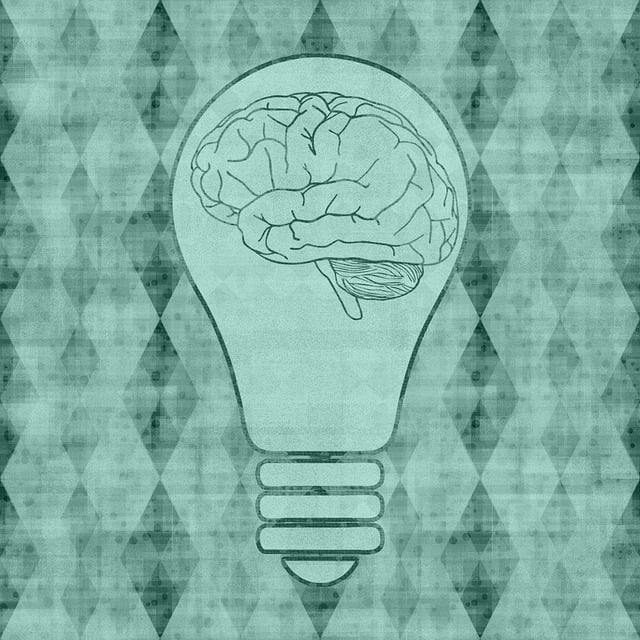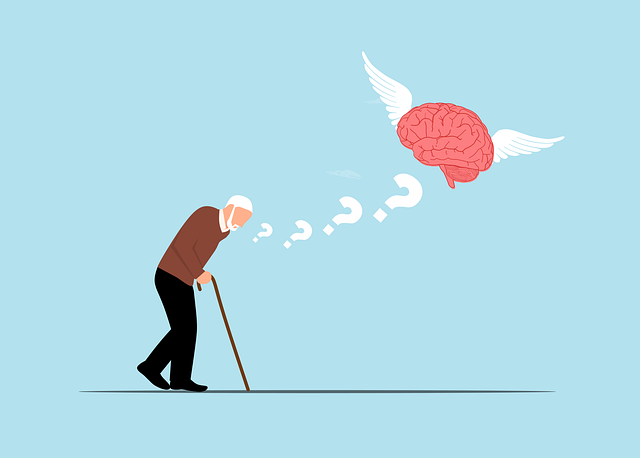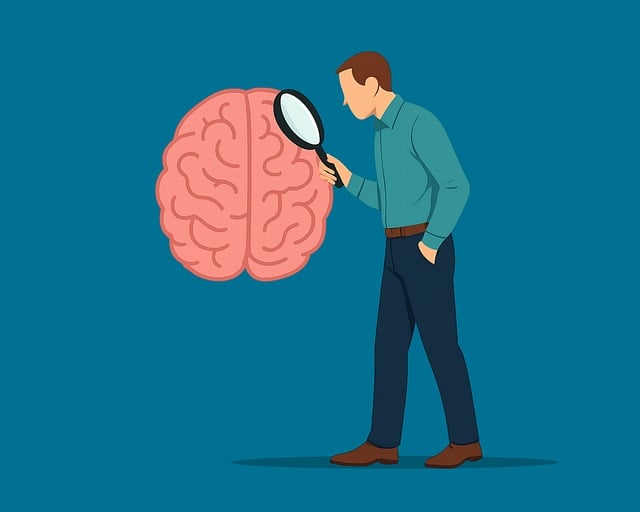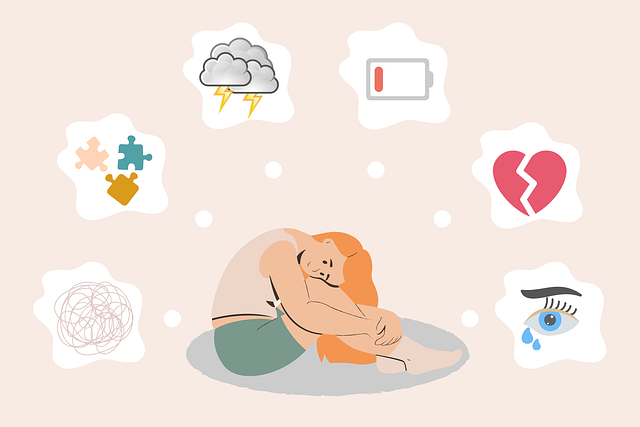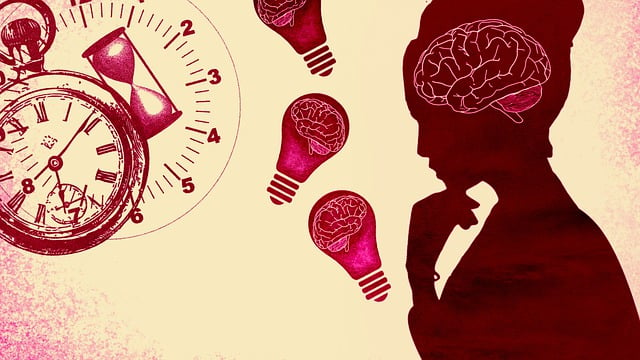Lone Tree Stress Management Therapy provides specialized trauma support using evidence-based practices like CBT, EMDR, and mindfulness training. Their holistic approach, which includes cultural competency and various resources, empowers individuals to process traumatic experiences, build resilience, and achieve mental wellness at their own pace. Recognizing the need for help and accessing these services are crucial steps towards healing from trauma.
Trauma, a profound and lasting impact on an individual’s well-being, necessitates targeted support. This article explores the critical role of trauma support services in helping individuals heal. We begin by understanding trauma’s far-reaching effects on mental health. Subsequently, we delve into the specific approach of Lone Tree Stress Management Therapy, highlighting its efficacy in trauma recovery. Furthermore, this piece guides readers through accessing these services and offers strategies to enhance their effectiveness, emphasizing the importance of specialized care for those navigating trauma’s aftermath.
- Understanding Trauma and Its Impact on Individuals
- The Role of Lone Tree Stress Management Therapy in Trauma Support
- Accessing and Enhancing Trauma Support Services
Understanding Trauma and Its Impact on Individuals

Trauma is a profound and complex experience that can have lasting effects on an individual’s mental health and overall well-being. It refers to a deeply distressing or disturbing event, often leading to intense emotions such as fear, helplessness, or horror. The impact of trauma varies from person to person; some may experience acute symptoms immediately following the event, while others might develop post-traumatic stress disorder (PTSD) over time. This condition can manifest in various ways, affecting one’s ability to cope with daily life, work, and relationships.
At Lone Tree Stress Management Therapy, we recognize that trauma is a significant challenge many individuals face. Our approach focuses on empowering clients through tailored mental wellness coaching programs and mindfulness meditation techniques. By fostering inner strength development, our services aim to help individuals navigate the aftermath of traumatic experiences and cultivate resilience. We believe that with the right support, those affected by trauma can heal and regain control over their lives.
The Role of Lone Tree Stress Management Therapy in Trauma Support

Lone Tree Stress Management Therapy plays a pivotal role in trauma support services by offering specialized approaches to address the complex needs of individuals who have experienced traumatic events. This therapy type goes beyond traditional counseling by integrating evidence-based practices tailored to help clients manage and overcome the lasting effects of trauma. Through a combination of techniques, such as cognitive behavioral therapy (CBT), eye movement desensitization and reprocessing (EMDR), and mindfulness training, therapists facilitate a safe space for individuals to process their experiences and develop effective coping mechanisms.
Beyond direct therapy sessions, Lone Tree Stress Management Therapy promotes cultural competency among healthcare providers. This involves equipping professionals with empathy-building strategies to serve diverse populations, ensuring that trauma support is inclusive and accessible. By recognizing the interconnectedness of mental health and overall well-being, this approach not only aids in anxiety relief but also fosters resilience, enabling individuals to navigate their traumatic pasts and build a brighter future.
Accessing and Enhancing Trauma Support Services

Accessing trauma support services is a vital step towards healing and rebuilding one’s life after a traumatic event. Many individuals, especially those dealing with Lone Tree Stress Management Therapy, may find themselves in need of specialized care. The first step is to recognize the importance of seeking help and understanding that it takes courage to reach out for support. Various resources are available, including counseling centers, mental health clinics, and online platforms offering trauma therapy services. These services often provide a safe space where individuals can openly discuss their experiences and work towards processing and managing their trauma.
Enhancing these support services through integrated practices like resilience building, self-care routine development for better mental health, and mental wellness journaling exercise guidance can significantly benefit individuals on their recovery journey. By combining traditional therapy with self-help strategies, one can develop effective coping mechanisms and improve overall mental wellness. This comprehensive approach ensures that trauma survivors have the tools to navigate their healing process at their own pace and in a way that suits their unique needs.
Trauma support services play a vital role in helping individuals navigate the challenging landscape of healing from traumatic experiences. By understanding the profound impact of trauma, we can recognize the necessity of accessible and comprehensive resources like Lone Tree Stress Management Therapy. Enhancing these services ensures that folks affected by trauma receive the necessary care, fostering recovery and transforming their lives. Accessing these resources is a crucial step towards a brighter, healthier future for all.
